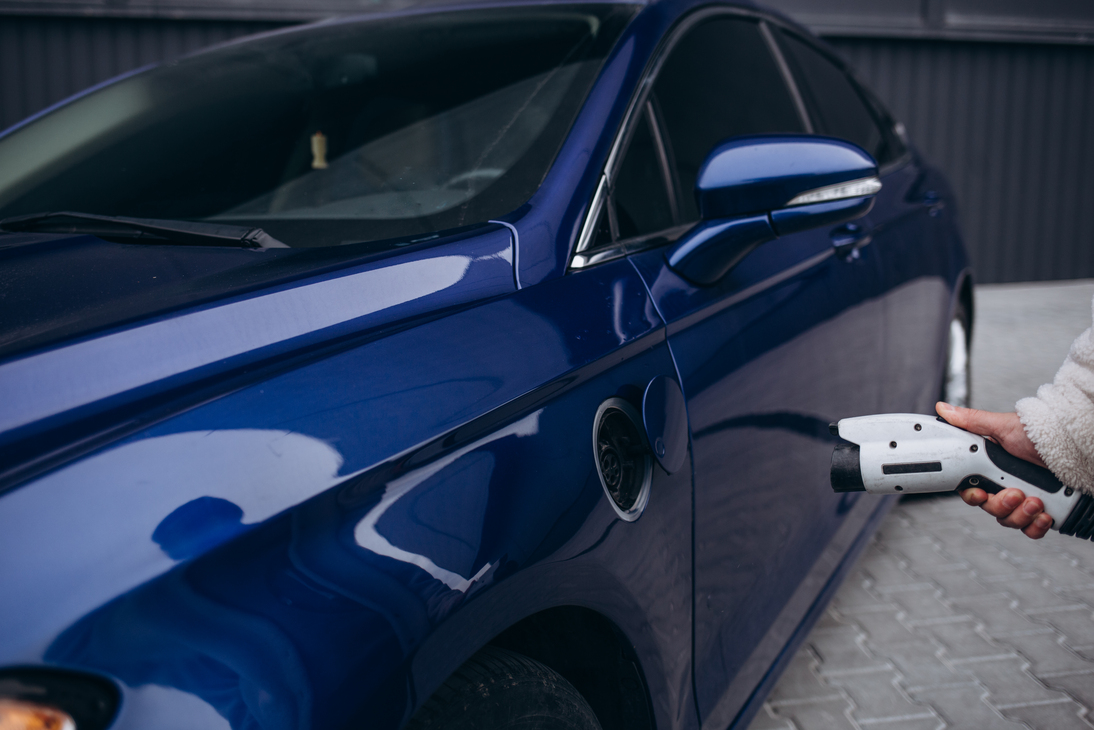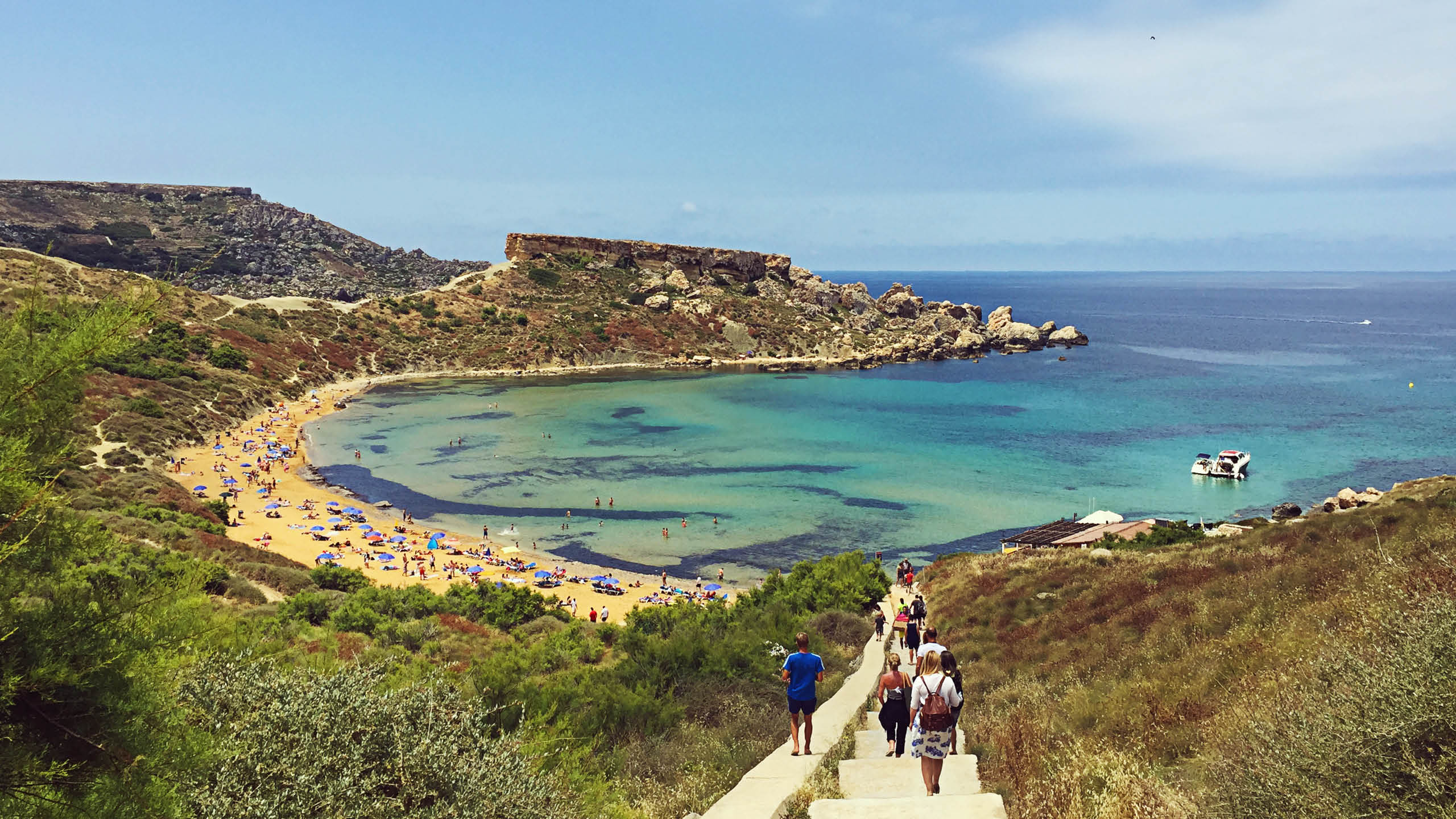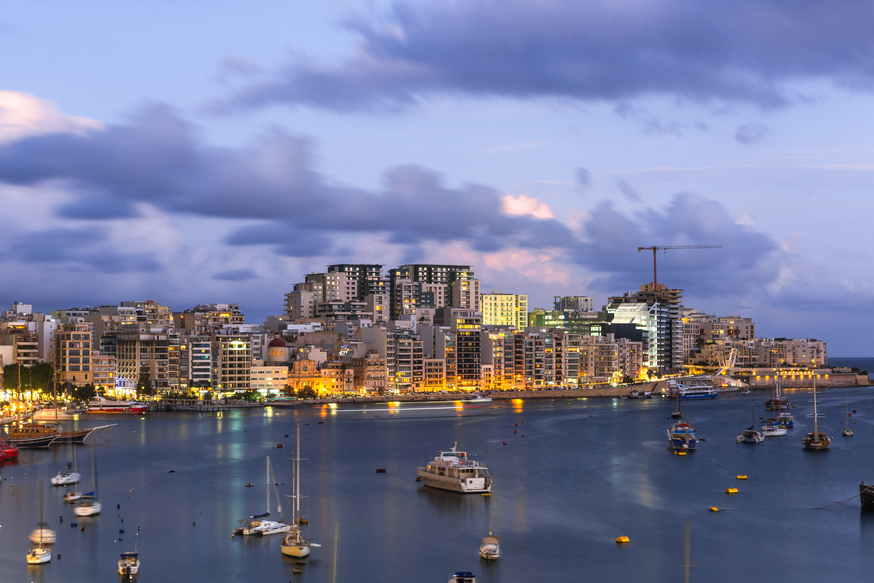Charging an electric car takes much longer than it does to refuel a combustion engine car, however, a new solution is taking Europe by storm, allowing EV drivers to be up and running in a handful of minutes.
NIO, a Chinese automobile manufacturer specialised in electric vehicles has launched its first power swap station in Denmark, it’s latest expansion in the European market.
Instead of having their EVs charged, motorists visiting the station have their spent battery replaced with one that is fully charged.
The process takes between three to five minutes and is fully automated. The station lifts the car, mechanically removes the spent battery and replaces it with a fully charged one.
The used batteries are then charged by the station to be used by future visitors.
Slashing the ‘re-energising’ process for EVs to under five minutes would put it on par with the time it takes motorists to re-fuel their cars at petrol stations.
Currently, charging an EV can take motorists anywhere between 30 minutes to nine hours, depending on the model and the charging station used. This may significantly discourage motorists from buying an EV, especially those who are not keen on installing a charging station in their own homes.
The EV manufacturer operates over 1,000 power swap stations in China according to euronews and plans on opening over 100 across Europe.
However, one major challenge still remains, compatibility. While petrol stations are fairly universal, a power swap station may have to be brand specific, since different brands make their own batteries, and may install them in their cars differently.
Currently, Malta does not have any power swap station however it plans to have more than 1,200 EV charging points by 2024. The Government has also recently renewed a number of financial incentives to boost the electrification of cars on the road. According to the NSO, as of Q4 2022, EVs amounted for roughly two per cent of all vehicles on Malta’s roads.
To date there should have been 362 charging points in Malta, however publicly available data shows that there are roughly 200.
Għajn Tuffieħa Bay named ‘most beautiful beach in Europe’ for 2024 by European travel platform
The results are based on the votes of 103,224 worldwide travellers
MDA says April 2024 broke records with value of promise of sale agreements surging by 14.4%
A report from the MDA highlights that there were 1,385 promise of sale agreements last month
1,695 businesses found employing non-EU workers illegally in 2023
The figure amounts to a significant portion of all employers in Malta






